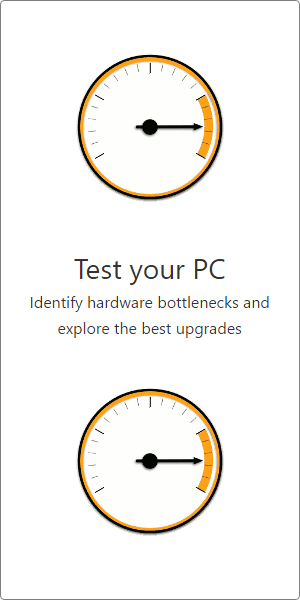Effective Speed
+3%
Poor: 76%
Great: 94%
SPEED RANK: 191st / 1468
Poor: 73%
Great: 92%
SPEED RANK: 219th / 1468
| Effective Speed
Effective CPU Speed |
85.9 % | +3% | 83.1 % |
External Data: 1080p
+4%
Average Score
+6%
Overclocked Score
+5%
Value & Sentiment
+24%
Nice To Haves
+16%
Specifications
| Series
CPU Architecture |
Zen2 | Zen2 | ||||
| Socket
Motherboard Socket |
AM4 | AM4 | ||||
| Graphics
Integrated Graphics |
None | None |
Conclusion
Average Bench 85.9%
Average Bench 83.1%
User Builds
635,419
1,072,639
Systems with these CPUs
Top Builds that include these CPUs
Frequently Asked Questions
Processors FAQ
ALL FAQs »

 CPU
CPU
